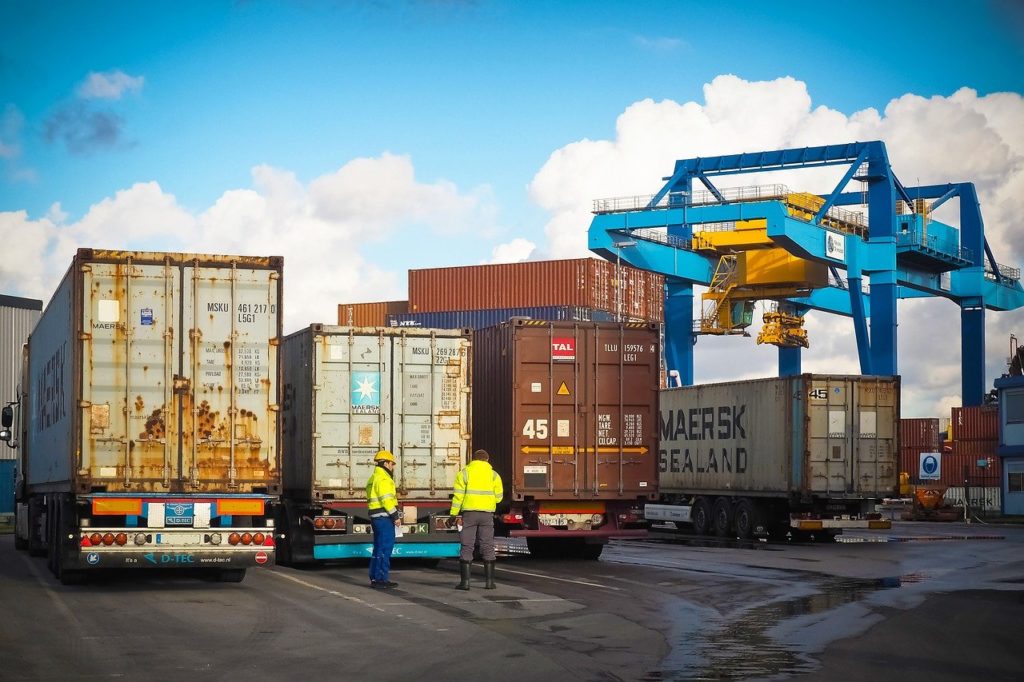FREEPORTS: UNITED KINGDOM’S (UK) POST-BREXIT TRADE STRATEGY
On 11 May 2021, the Queen officially opened the Parliament session and through her speech, she outlined the legislative agenda of the British Government for the coming year, which includes the creation of new eight Freeports in England as part of the UK’s post-Brexit trade strategy. As indicated in its announcement, the main objective of the British Government is to make the UK more attractive to foreign investment.
WHAT ARE FREEPORTS?
As indicated in our article dated 15/01/2020[1] Freeports are understood as an area inside the geographic delimitation of a country where the standard tariffs and export/import procedures of the said country do not apply, or where rules are heavily softened.
However, if the goods depart out of the Freeport into the rest of the country the tariffs and taxes apply accordingly. As a consequence, Freeports are usually localized in or close to airports, seaports and river ports.
Therefore, a company can import goods into the Freeport zone without paying tariffs, process and manufacture them into an ended good, and after that, they can pay a tariff to sell the final product into the British domestic market or export it without paying the UK tariffs.
WHERE WILL THE NEW FREEPORTS BE?
The locations of England’s eight new Freeports are the following:
- Teesside
- South Devon
- Liverpool
- East Midlands Airport
- Felixstowe and Harwich
- Humber
- Plymouth
- Solent
- Thames
These Freeports are expected to be fully operational in late 2021.
ARE FREEPORTS COMPATIBLE WITH TRADE AGREEMENTS SIGNED BY THE UK?
The UK announced new trade agreements with 23 different countries, including clauses prohibiting the use of tax breaks. Therefore, companies operating in Freeports zones will not get full benefits when they export the final product to some countries, such as Norway, Canada, Switzerland or Singapore.
Laura Gallego Herráez.
